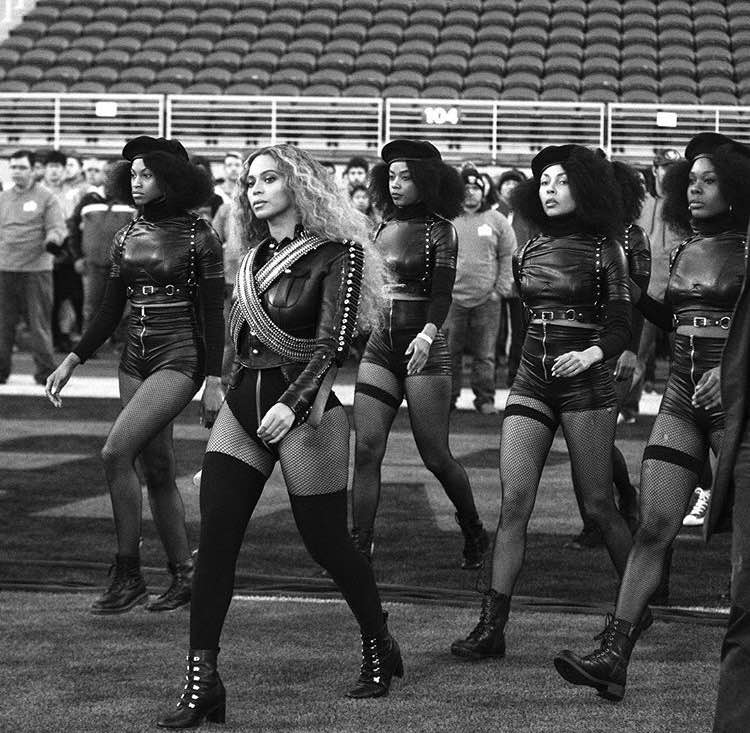Controversy is in “Formation”
Beyoncé Knowles has taught us a lot: that girls run the world, society’s standard of “pretty” hurts, and that women should be proud to be single ladies. Queen Bey’s latest song, “Formation”, has a meaning far deeper than her recent hits and has stirred up a lot of conversation.
Knowles surprised her fans when she released her new song and video on Feb. 6, the day before her Super Bowl halftime performance. On the surface, the song appears to be about black pride and Knowles sticking to her “country” roots. She encourages people to be proud of their culture and who they are. However, accompanied by the visually striking music video, the song brings out several layers of meaning.
The music video refers to a number of issues within the black community such as police brutality, the effects of hurricane Katrina, natural hair, and black feminism. Within the video, Knowles sits atop a sinking police car in New Orleans to refer to hurricane Katrina and her Creole heritage. She dances among black women proudly wearing Afros and even features her daughter Blue Ivy standing confidently with her natural hair. Perhaps the most controversial part of the video is the end when a young black man in a hoodie dances before a line of police officers with their hands raised. This allegory to the Black Lives Matter movement shows that Knowles is using her music to stir emotion in viewers.
“It’s about black power and embracing yourself,” said senior Taylor Munson. “Mainstream artists don’t do that. I also liked that she performed it at the Super Bowl. It was very well represented and the message was good.”
However, not everyone is responding positively to “Formation.” Former Mayor of New York Rudy Giuliani criticized Knowles’ halftime performance on Fox News for not being wholesome.
“This is football, not Hollywood,” said Giuliani. “I thought it was really outrageous that she used it as a platform to attack police officers who are the people who protect her and protect us and keep us alive.”
Knowles’ halftime performance highly referenced the Black Panther Party. The dancers wore black caps and outfits similar to those of the group from the 1960s. When asked about her song and performance, Knowles told ET that she is satisfied with it and that she “wanted people to feel proud … and have love for themselves.”
“I thought the content of it spoke to what’s going on in the world today,” said junior Jeanna Washington. “I don’t know if liked the song as a whole, but I didn’t appreciate how [people] were bashing it. The song is so powerful and it sends a strong message.”

